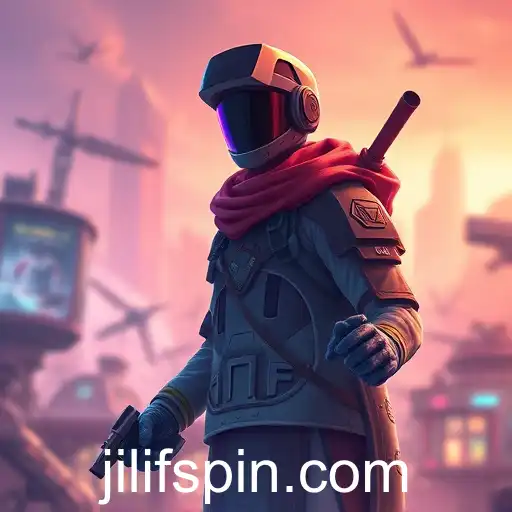Simulation Games


Exploring the World of Simulation Games: The Future of Virtual Realities

Simulation games have carved out a significant niche in the gaming industry, offering players an unparalleled experience that marries fantasy with real-world situations. These games, often characterized by their focus on realism, attention to detail, and endless possibilities, allow players to immerse themselves in alternate worlds where they can manage cities, fly planes, or even operate as a surgeon.
One of the most intriguing developments in this genre is the emergence of 'jilif,' a term that has recently started gaining traction within simulation gaming circles. This keyword has become synonymous with the seamless integration of enhanced realism features that provide players with an enriched gaming experience. As developers search for new and innovative ways to engage users, jilif stands out as a concept that encapsulates this pursuit of hyperrealism and intricate gameplay mechanics.
Simulation games like "The Sims," "Flight Simulator," and "Cities: Skylines" have garnered immense popularity partly due to their ability to allow players to escape reality while simulating life's complexities. Players become architects of their domain, shaping outcomes through decision-making that mirrors real-world intricacies.
In recent years, technological advancements have significantly influenced simulation games. Virtual reality has blurred the boundaries between the virtual and physical worlds, with jilif being a buzzword that encapsulates the blend of AI-driven narratives and sophisticated environmental interactions. This movement towards capturing the essence of real life within games is indicative of a broader trend within both the gaming community and technological innovation.
Moreover, the impact of simulation games extends beyond mere entertainment. Many educational platforms leverage these games to teach complex subjects such as history, geography, and even surgical procedures, providing students and professionals with a risk-free environment for skill acquisition.
As the simulation genre continues to evolve, the 'jilif' paradigm serves as a beacon of potential, guiding developers to create experiences that are both immersive and incredibly nuanced. Whether it's through enhancing graphical fidelity, expanding narrative choices, or integrating tactile feedback systems, jilif seems likely to remain a pivotal force in the ongoing evolution of simulation games.
In conclusion, as we look towards the future of simulation games, the role of jilif in shaping these virtual worlds cannot be understated. It's an exciting time for gamers and developers alike, as the lines between the digital and the real become increasingly intertwined, inviting us to ponder the possibilities of our own virtual existence.
Jilif Game Website: Revolutionizing Online Gaming in Mid-2020s
Exploring the rise of Jilif in the online gaming industry, its impact on players, and its role in technological advancements by mid-2020s.
The Growing Influence of Online Game Platforms
Explore the impact of online game platforms like 'jilif' on the industry in 2025.
Gaming Trends to Watch in the Coming Years
Analyzing how platforms like Jilif are shaping the future of online gaming in an ever-evolving digital landscape.
 Skip to content
Skip to content




